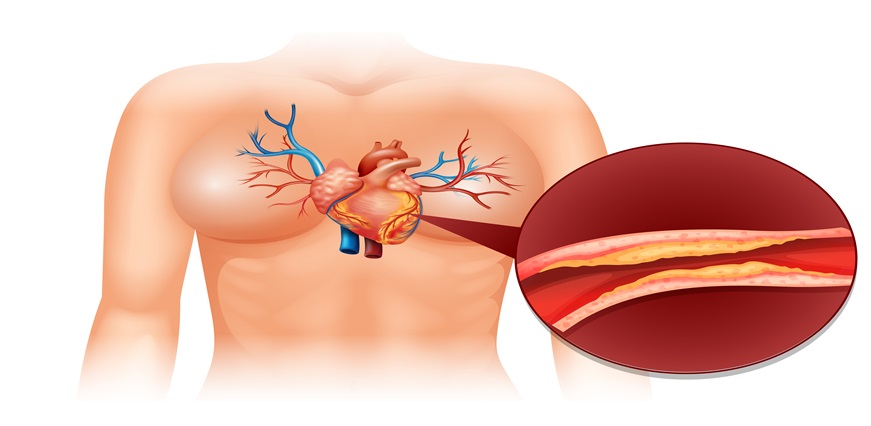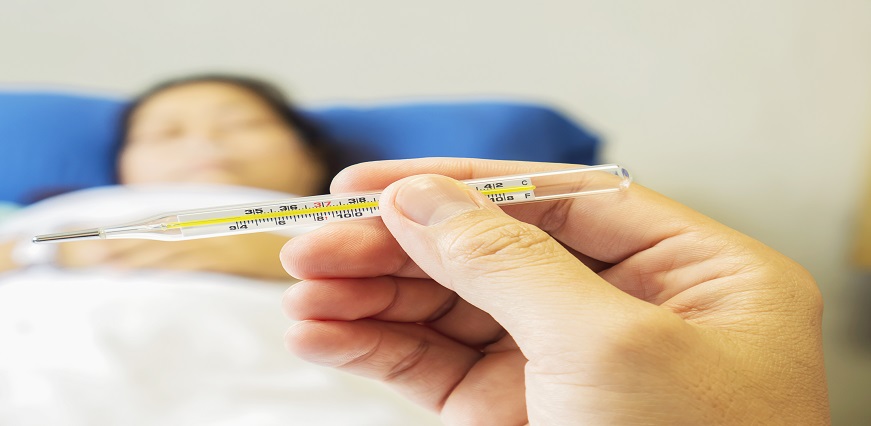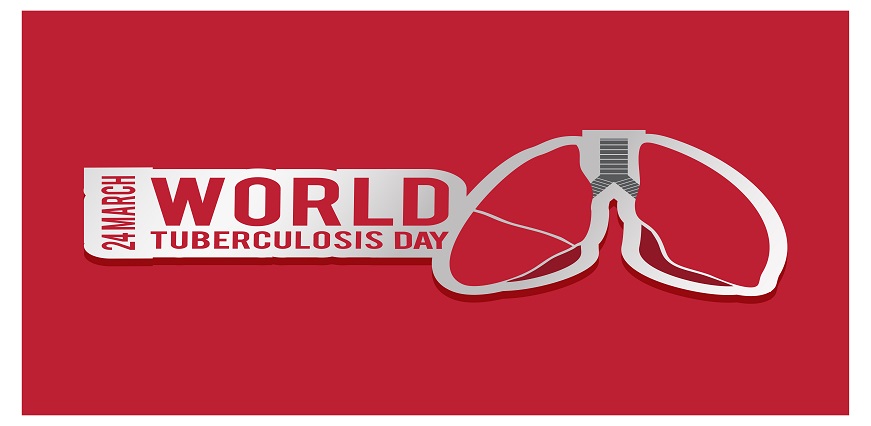





No lab centers are available in this city

Max Lab
Nov 08, 2023
Cholesterol, a substance with a waxy texture, helps in the normal functioning of cells. It is transported throughout the body in the bloodstream by a combination of fat and protein called lipoproteins. Various types of lipoproteins, including high-density lipoproteins (HDL), low-density lipoproteins (LDL), and very low-density lipoproteins (VLDL), are responsible for carrying cholesterol in the blood. A VLDL test helps estimate the levels of VLDL in the blood.
It's important to note that certain types of cholesterol, such as LDL and VLDL, can build up fatty deposits known as plaques in the arteries, a condition called atherosclerosis. This plaque accumulation due to high LDL and VLDL cholesterol causes an increase in the risk of heart disease, stroke, and other related conditions.
The purpose of this test is to measure the quantity of very low-density lipoprotein (VLDL) in the blood. VLDL cholesterol is a type of fat present in the blood and is considered one of the unhealthy forms of cholesterol, alongside LDL cholesterol and triglycerides. Elevated levels of cholesterol can potentially block the arteries, leading to an increased risk of a heart attack. Approximately sixty per cent of a VLDL particle consists of triglycerides.
This test is often conducted in conjunction with other tests as part of a general lipid profile to assess the likelihood of cardiovascular disease (CVD). Higher levels of VLDL cholesterol and triglycerides in the blood may indicate an increased risk of CVD. Additionally, individuals who are obese tend to have higher levels of VLDL cholesterol.
When a person undergoes a VLDL cholesterol test, it provides an estimation of the quantity of VLDL cholesterol present in their blood. Although VLDL cholesterol itself is not directly measured, it is calculated using a specific equation based on the results of the triglycerides test. In simpler terms, the VLDL cholesterol test uses triglyceride levels to derive an estimate of VLDL cholesterol levels. The measurement of VLDL cholesterol in the blood is typically reported in milligrams per deciliter (mg/dL). Furthermore, in many cases, this test will also provide information about the levels of other types of cholesterol present in the blood.
The appropriate timing for VLDL cholesterol testing depends on several factors, including one’s age, family history of high cholesterol (particularly if it has resulted in heart disease, stroke, or other health conditions), and other risk factors. It is advisable to have a discussion with the doctor about one’s health status and family history in order to determine the most suitable timing for cholesterol testing.
Keep in mind that test results can vary depending on various factors such as age, gender, health history, and the specific lab used for testing. It's important to understand that abnormal results do not necessarily indicate a problem. To fully understand the implications of the test results, it is recommended to consult with a healthcare provider.
VLDL cholesterol levels are typically measured in milligrams per deciliter (mg/dL). The normal range of VLDL cholesterol is between 2 to 30 mg/dL. Levels equal to 30 mg/dL are also considered normal. Higher levels of VLDL cholesterol mean there may be an increased risk of cardiovascular disease (CVD).
The most effective means of reducing VLDL cholesterol levels is by lowering one’s triglycerides. This can be achieved through a combination of healthy routines.
Adopting a heart-healthy diet involves making choices that steer clear of foods high in saturated and trans fats. Examples of these foods include:
Instead, it is advisable to follow a diet that consists of:
Adding these dietary preferences into daily lives will help individuals work towards promoting their heart health.
Engaging in regular physical activity is known to raise the levels of HDL, which is considered "good" cholesterol in the body. Higher levels of HDL enable the body to more efficiently eliminate VLDL cholesterol from the blood. It is recommended that individuals strive for a minimum of 150 minutes of moderate-intensity aerobic exercise per week, such as swimming, brisk walking, or cycling, whenever feasible.
Smoking has the effect of reducing the levels of HDL (good) cholesterol in a person’s blood. Additionally, smoking raises the risk of developing high blood pressure and diabetes, both of which are factors that can contribute to the occurrence of heart attacks and strokes.
Individuals who are overweight or obese have a higher likelihood of having elevated LDL cholesterol levels and low HDL cholesterol levels. However, it is worth mentioning that losing just 5-10% of body weight can significantly improve cholesterol levels in people who are overweight or obese. Achieving and maintaining a moderate weight also reduces the risk of other health conditions, including type 2 diabetes.
In certain situations, individuals may discover that making changes to their diet and engaging in physical activity are insufficient in controlling their VLDL cholesterol levels. For such cases, healthcare providers may suggest the use of medication. The most appropriate treatment approach will vary for each person, and healthcare professionals will collaborate with the individual to determine the most suitable medication or combination of medications for their specific needs.
Here are examples of medications that doctors may recommend for managing VLDL cholesterol levels:
1. Statins: These medications work by inhibiting the liver's production of cholesterol.
2. Ezetimibe (Zetia): It prevents the absorption of cholesterol from food in the intestines.
3. Bile acid sequestrants: These medications increase the removal of cholesterol from the intestine.
4. PCSK9 inhibitors: It hinders the functioning of a protein in the liver responsible for cholesterol production.
5. Fibrates: Fibrates help lower triglyceride levels in the blood.
6. Nicotinic acid: This medication reduces the liver's ability to produce fat.
Additionally, doctors can suggest omega-3 fatty acid supplements, like cod liver oil, to help manage higher levels of VLDL cholesterol levels.












Sign up takes less than 60 secs and gives you access to your offers, orders and lab tests.
Looks like you are not registered with us. Please Sign up to proceed
OTP will be sent to this number by SMS
We have successfully received your details. One of the agents will call you back soon.
 To reach our help desk call 9213188888
To reach our help desk call 9213188888
No Lab Centers are available in this city
Looks like you are not registered with us. Please Sign up to proceed
OTP will be sent to this number by SMS
Not Registered Yet? Signup now.Looks like you are not registered with us. Please Sign up to proceed





 7982100200
7982100200.png)
Comments